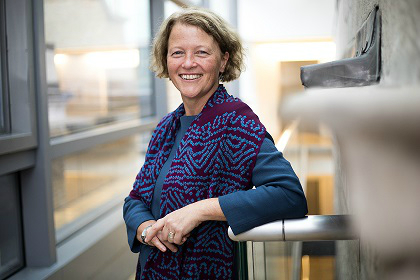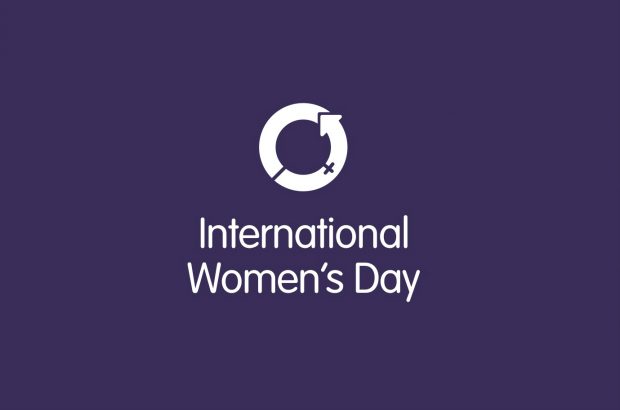The first in a series of GSE blogs celebrating International Women’s Day and British Science Week. We hear from Professor Charlotte Watts, Chief Scientific Adviser and Head of GSE Profession (HoSEP), Department for International Development (Dfid) on the challenges still faced by women in science.
Family tradition
I come from a family of female engineers - or almost. My grandmother used to take apart clocks and other machinery, and rebuild them. But in her day engineering was something that men, not women did.
My aunt was the first female enrolled on a degree in aeronautical engineering, but was kicked off because she hadn't studied technical drawing at school (women were not allowed to study this).
I did a degree and PhD in mathematics, but when being interviewed for an engineering job, was rejected on the basis that I wouldn't be able to use force to control a potentially rebellious male workforce. I gave up on a career in engineering but not in science. Now, as Dfid's chief scientific adviser, I realise that my history is not unique.

Unlocked talent
Generations of talented women - and even more from BAME communities - have been excluded from scientific careers because of ridiculous notions and misconceptions about what women and men, from different ethnic backgrounds, can and cannot do.
That a significant proportion of the population is not bringing their talents to tackling the immense problems that the world faces is a wasted opportunity, and bad for innovation and growth. Tilburg University in the Netherlands found that greater gender diversity - at all levels of an organisation - has a positive effect on innovation.
How do we stand?
This year’s International Women’s Day theme is #PressforProgress. Science is an area where progress is desperately needed. Women make up only 23% of the UK STEM workforce. At the undergraduate level, men are still more likely than women to study subjects such as engineering, computer science, architecture, building & planning, mathematical and physical sciences, medicine & dentistry.
Within the Civil Service, despite the majority (54%) of Civil Servants being female, less than a third of Government Scientists and Engineers are women. Ethnic minority representation poses an even greater challenge with only 8% across the GSE profession compared with 11% across the Civil Service as a whole. Detailed GSE diversity data can be found on the GSE blog.
More needs to be done to promote gender parity
Changes in attitudes – for both women and men - are needed. Barriers to progression in academia, business and government need to be overcome. The Athena Swan initiative in UK higher education, that links access to some research funding to Athena Swan accreditation, has created incentives for Universities to assess and tackle the barriers to women’s and female students' entry and progress in academia.
We need to learn from this, and identify what incentives and policy levers would promote a more gender-balanced, ethnically and culturally diverse scientific workforce, at all levels of seniority.
We need also to face up to uncomfortable realities, as recently highlighted by DFID’s Secretary of State at the safeguarding summit. Instances of abuse can occur when there are large power imbalances between men and women, and a culture of silence and inaction to inappropriate behaviours. Getting more women into science and senior leadership is likely to be an important part of preventive measures.

On International Women’s Day, and in British Science Week, let’s support and celebrate the talent, determination and achievements of women scientists. Let's also bring the energy and anger of #TimesUp to challenge all forms of inequality in science. The situation has improved, but we have a long way to go.
Find out more about what the GSE profession is doing to address gender equality and encourage greater ethnic minority representation in the “GSE Profession Strategy: One Year On” report.







